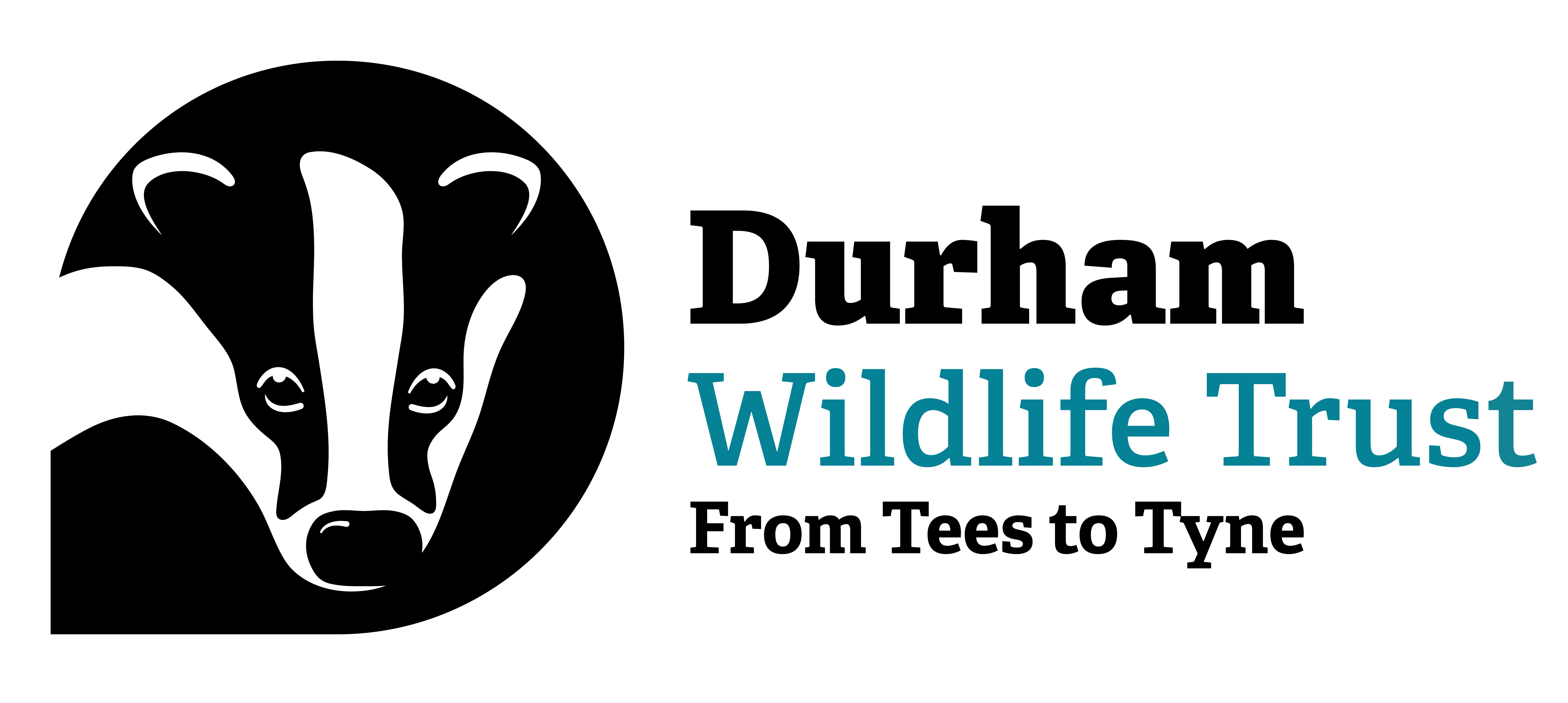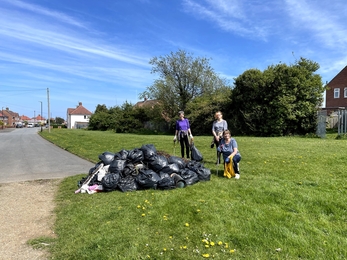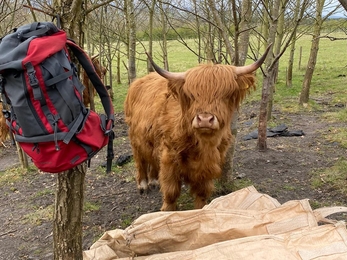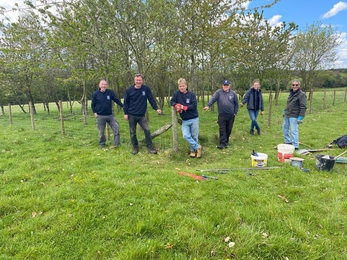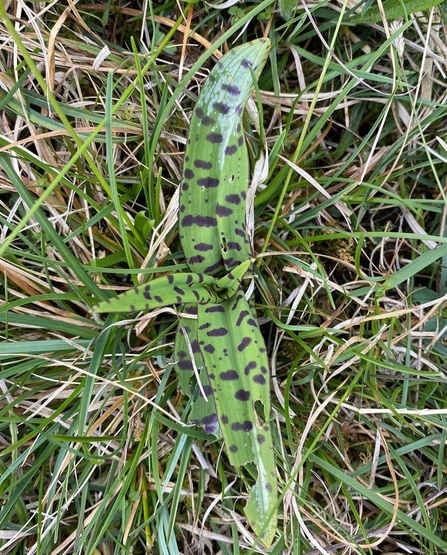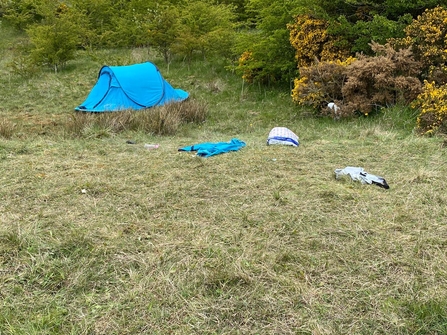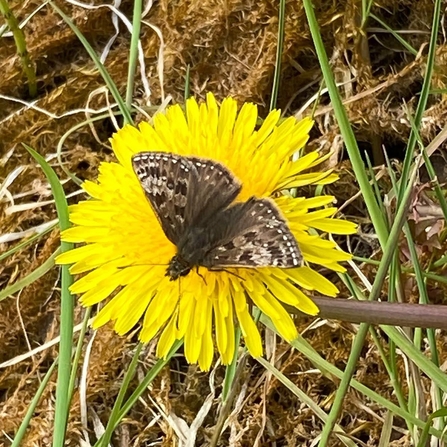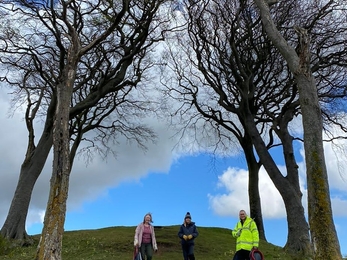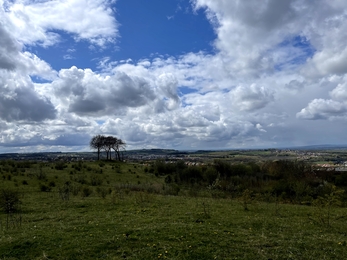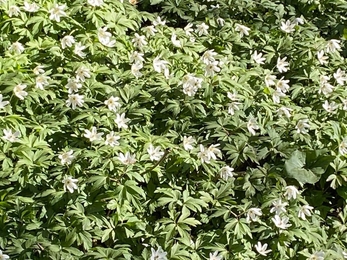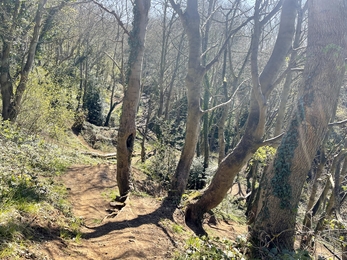Time flies when you’re having fun and that’s certainly true of the last 5 months of working on the Healing Nature Project.
To introduce myself, I’m Alison Laing and I am one of the Healing Nature Project Officers. Alongside my fellow Project Officer, Mandy Bell, we plan and undertake the habitat management tasks across the 20 Healing Nature Sites. Some of you may recognise me as the past Volunteer Conservation Trainee based at Low Barns.
Now that we are getting back to something resembling normality, with greater numbers of volunteers allowed on sites, we wanted to share what a week in the life of a Project Officer is like and what we get up to behind the scenes.
Monday: Litter Picking at Children’s Forest, Pennywell, Sunderland
First job of the week is to check any emails that might have come in over the weekend and check the number of people booked onto the week's tasks. We pack the vehicle ready for the day's tasks – litter pickers, bin bags, litter hoops and we are off to site. That day we were off to Children’s Forest in Pennywell.
Children's forest is a large patch of woodland which was planted approximately 20 years ago and is now well used by locals. Unfortunately, it has been subject to fly tipping and littering and so needed a good clean. We have so far had several days of litter picking here and we have been joined by lots of local people who care about the site as well as lots of our own dedicated DWT volunteers.
